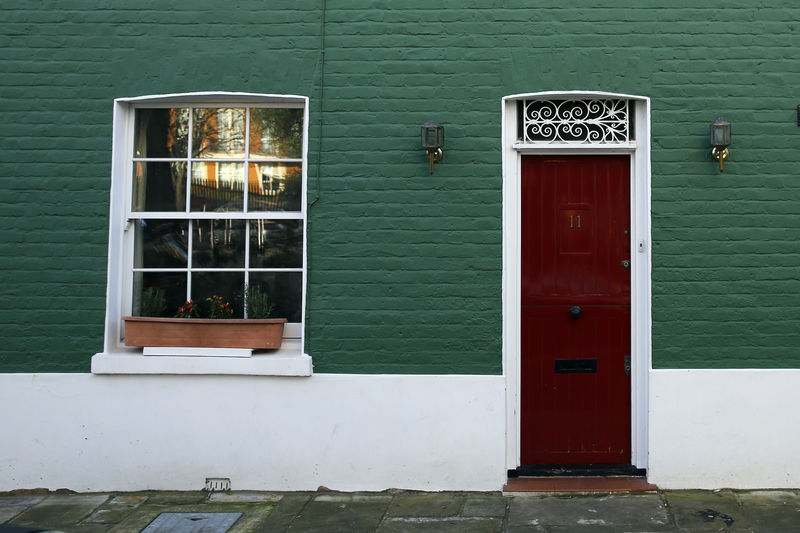LONDON (Reuters) - British house prices picked up only a little bit of speed this month as the approach of Brexit weighed on the housing market, data from mortgage lender Nationwide showed on Friday.
Prices rose by 0.7 percent in annual terms in March, up from a rise of 0.4 percent last month.
House prices were rising by about 5 percent a year at the time of the Brexit referendum in 2016, according to Nationwide.
In monthly terms, prices rose by 0.2 percent after falling by 0.1 percent in February.
Economists in a Reuters poll had expected prices to rise by an annual 0.6 percent and to be flat on the month.
Last week, official data, covering more transactions than other surveys, showed prices in January rose by an annual 1.7 percent, the smallest increase since 2013, when Britain was trying to shake off the effects of the global financial crisis.
Nationwide said London was the weakest performing region in the United Kingdom in the first quarter of 2019 with prices falling by an annual 3.8 percent, the biggest drop since 2009.
It was the seventh consecutive quarter to show falling prices in the capital.
Nationwide said factors behind the fall in London included unaffordable prices for many buyers and tax changes affecting the buy-to-let market.
Howard Archer, an economist with EY Item Club, a forecasting firm, said a prolonged Brexit delay could lead to house prices stagnating or falling slightly in 2019.
"If the UK leaves the EU without a deal during the second quarter, house prices could fall by around 5 percent in 2019 amid heightened uncertainty and weakened economic activity," Archer said.
